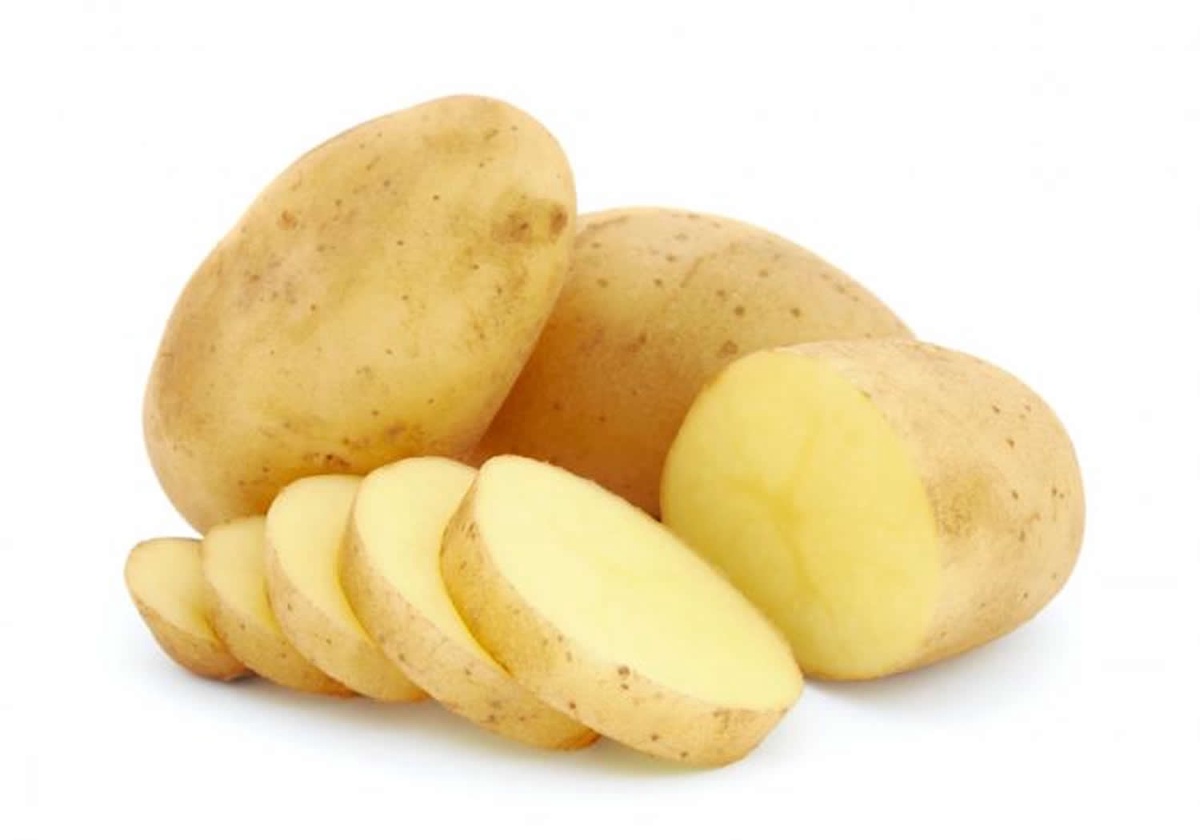It is no surprise that potatoes are a popular staple of diets worldwide. They have long been loved for being versatile and offering comfort in many forms. Some people might view them as a guilty threat due to high carbohydrate levels, but it's important to acknowledge that potatoes are a rich source of essential nutrients. In this post, we'll examine the potato nutrition facts, highlighting the essential components they offer to a well-balanced diet.
- Complex Carbohydrates
Carbohydrates have a poor reputation in the world of nutrition. However, they are an important source of fuel for our body. In potatoes, complex carbohydrates are the main component. Starches take longer than glucose to break down, providing steady energy.
Complex carbohydrates from potatoes are essential for anyone with an active lifestyle. These carbohydrates help to maintain energy levels during the day and promote physical endurance.
- Dietary Fibre
Dietary fiber is abundant in potatoes. This is especially true when they are eaten with the skin on. The role of fiber in digestive health is well-known. It also maintains a feeling that you are full, which helps with weight management and portion control.
A slow absorption of sugar can also improve blood sugar control. For this reason, potatoes are ideal for individuals who wish to control their blood sugar levels.
- Antioxidants
Potatoes contain several antioxidants like flavonoids and beta-carotene, which can protect the human body from harmful oxidants. Antioxidants help to lower the risk of chronic illnesses and support overall health.
- Low in Fats and Calories
It is important to note that potatoes have a low-fat content and are low in calories. This makes them the perfect choice for anyone who wants to lose weight. It's important to remember that how you prepare potatoes will affect how much fat and calories they have. French fries are a good example of how deep-frying them will drastically increase the calorie and oil content. But baking or boiling them in water without butter or excessive oil can make them healthier.
- What Are The Best Cooking Methods?
How you cook potatoes can affect the nutritional content. The nutrients in potatoes are retained when they are boiled or steamed with the skin still on. These include vitamins, minerals, and fiber. It is important to avoid frying potatoes or adding too much high-fat ingredients like butter and sour cream.
- A Versatile Ingredient
The versatility of potatoes allows them to be added to a large variety of dishes. You can use them in various ways, including roasted, mashed up, baked, boiled, and as a part of soups and other stews. In combination with other nutritious ingredients, like vegetables, healthy fats, and proteins, potatoes can make for a satisfying and balanced meal.
In Conclusion
A potato is not just a comfort food. They also provide nutrition to a diet. The complex carbs in potatoes provide the essential energy needed for daily activities. Potatoes also contain vitamins, minerals, antioxidants, and dietary fiber.
To reap the full nutritional benefits of potatoes, prepare them to preserve their health. The goodness of potatoes can be enjoyed by steaming, boiling, or baking the potatoes with minimal amounts of fat. Enjoy this versatile, nutritious staple as long as you follow a balanced and healthy diet.


No comments yet